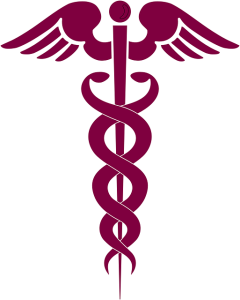 An English hospital is working on a project that uses wearables to predict when kids may be about to have a medical crisis.
An English hospital is working on a project that uses wearables to predict when kids may be about to have a medical crisis.
Isansys Lifecare, Ltd. is the technological power behind a revolutionary project at Birmingham (England) Children’s Hospital that has the potential to save a lot of young lives. Project RAPID (Real-Time Adaptive & Predictive Indicator of Deterioration) uses Isansys’s Lifetouch patches attached to young patients and a wireless monitoring platform that has been redesigned especially for pediatric patients. RAPID provides real-time vital signs data for medical professionals to catch deterioration in critically ill children early, greatly increasing a child’s chances of survival.
“This technology is truly transformational,” said Dr. Heather Duncan, who leads the project and consults at Birmingham Children’s Hospital’s Pediatric Intensive Care Unit. “It allows us to analyze many more patients’ data in real-time for the first time in the same way that various other high-risk industries have done for years. The ability to track and identify deterioration towards a cardiac arrest will give doctors the chance to save the patient’s life. I genuinely believe that this will change the way we care for patients in hospital forever.”
Birmingham Children’s Hospital is the hospital at which Nobel Prize-winning Malala Yousafzai was treated after being shot by the Taliban. The hospital partnered with Isansys in RAPID’s three years of development.